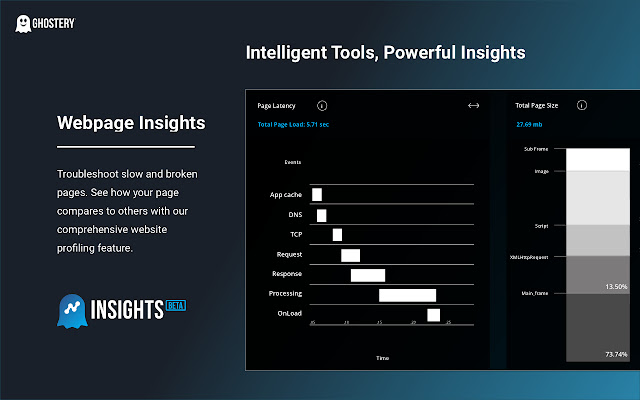
Tax and Payout Considerations for Funded Stock Prop Traders
"You trade the markets. The markets pay you back. But the IRS is always watching."
There’s a moment every funded trader knows well—the payout notification lands in your inbox after a winning month, and the rush of seeing that profit figure is unbeatable. But there’s a catch: what you take home isn’t always what ends up in your pocket. If you’re trading with a prop firm, especially in stocks, understanding how taxes and payouts work can be the difference between celebrating profits and stressing over a surprise tax bill.
How Payouts Work in the Funded Prop Trader World
When you’re funded by a prop firm, you’re not just earning from your own capital—you’re managing the firm’s money, and what you make gets split based on your trading agreement. Many firms offer appealing splits—80/20, sometimes even 90/10 in your favor—but the structure matters:
- Gross vs. Net Split: Your share is based either on net profits (after costs like commissions, platform fees, borrow fees) or gross profits. Always check which number they’re calculating your cut from.
- Frequency of Payouts: Some pay monthly, others bi-weekly, and a few wait until you hit a profit milestone. That changes your cash flow planning.
- Currency & Payment Method: International traders might get paid in USD, but if your bank account runs in EUR or GBP, the exchange rate can bite into your actual return.
For example, a friend of mine earning $10,000 in a month from a US-based prop firm ended up with $9,300 after banking fees and conversion. That’s before touching taxes.
The Tax Side You Can’t Ignore
Trading payouts aren’t “free money”—they are taxable income. How they’re taxed depends on how your prop agreement defines the relationship between you and the firm:
-
Independent Contractor vs. Employee: In the US, most funded traders are treated as independent contractors. No taxes are withheld—you get the gross payout and it’s on you to set aside for estimated quarterly taxes. This requires discipline because it’s easy to spend what looks like a big win.
-
Capital Gains vs. Ordinary Income: You might think trading profits count as capital gains, but under many funded arrangements, it’s technically service income, taxed at ordinary rates. Big difference if you’re in a higher bracket.
-
International Implications: If you’re in the UK, EU, or Australia, you might face double taxation—once locally, and potentially via US claims—unless your country has a tax treaty. Smart traders work with accountants who understand cross-border prop trading, not just retail investing.
Quotes from seasoned traders often echo the same warning:
"Your trading edge means nothing if your tax planning has holes in it."
Why Multi-Asset Knowledge Gives You Flexibility
Many funded traders start in stocks but branch out. Forex, crypto, indices, options, commodities—they all offer different volatility profiles, liquidity, and tax treatments.
- Forex & Indices: In some jurisdictions, FX trading enjoys favorable tax rules compared to equities.
- Options & Commodities: Certain commodity contracts may have blended tax rates that lower overall liability.
- Crypto: Still a gray area in some countries, but as decentralized finance matures, regulators are closing gaps fast.
Knowing how each asset is taxed can let you tilt your trading mix toward strategies that keep more profit in your pocket.
Decentralized Finance, Smart Contracts, and AI-Driven Trading
We’re entering a reality where prop trading meets DeFi—funding agreements governed by smart contracts could automate payout splits, convert profits instantly into stablecoins, and bypass traditional banking delays. AI is already scanning portfolios in real-time, flagging tax-efficient trade opportunities before you click “Buy.”
This opens massive potential: imagine trading stocks for a prop firm, getting paid in USDC seconds after closing a trade, with the tax projections generated and stored automatically for reporting. The speed, transparency, and control could completely redefine “funded trading.”
Challenges in the Road Ahead
The future isn’t without hurdles:
- Regulatory friction—especially around crypto payouts—means traders need to stay nimble.
- Technology adoption—prop firms have to balance innovation with security.
- Tax adaptation—governments are quick to patch exploitable tax loopholes in new financial structures.
The Bottom Line for Funded Prop Traders
Whether you’re scalping Nasdaq stocks or swing trading gold futures, your long-term success isn’t just about finding the right setups—it’s about what you keep. A funded trader who ignores tax and payout details is playing half the game.
Slogan-worthy truth: "Trade like a pro, pay like a strategist, keep like an investor."
The prop trading model is evolving fast, blending tech innovation with global market access. Those who master the trading side and the money-management side will be the ones turning funded opportunities into lasting wealth.
If you want, I can also help you draft a clear payout/tax checklist for funded prop traders so readers can immediately apply this to their own trading setups. That’d make the article even more actionable. Do you want me to add that?

